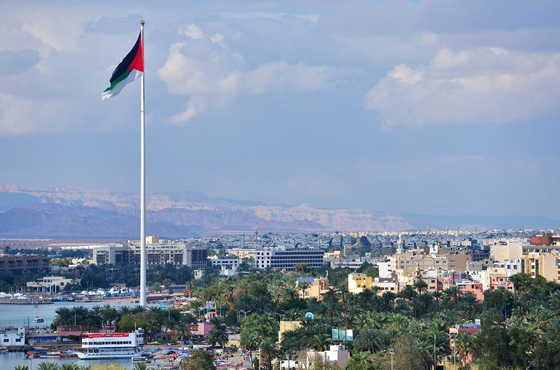The World Bank (WB) released updated projections for economic growth in the Middle East and North Africa, with Jordan’s growth predicted to steadily increase over the next three years, despite continuing regional instability.
The data predicts Jordan’s 2.3 per cent growth in 2016 will rise to 2.6 per cent in 2017, increasing to 3.1 per cent in 2018 and 3.4 per cent in 2019.
“Jordan should see a recovery in investment and exports that will push growth up to 2.6 per cent,” the report said.
The projections, titled Global Economic Prospects: Weak Investment in Uncertain Times, forecast that growth in the region as a whole will “recover to a 3.1 per cent pace this year [2017], with oil importers registering the strongest gains”, a 0.4 per cent increase from 2016’s 2.7 per cent growth.
The WB report points to the effects of regional conflicts on neighboring countries, particularly as host countries deal with the social and economic pressures of large numbers of refugees. Equally relevant to Jordan is the impact of regional violence and instability on tourism.
“Cross-border spillovers in the form of disrupted trade, fiscal pressures from spending demands related to refugees and security, and loss of revenues from tourism have caused damage to the region and had international ripple effects,” the report states.
While regional growth is predicted, the WB report is clear about a large number of variables and risks which could affect regional and domestic economic growth.
“Spillovers from existing conflicts in several countries, as well as a heightened incidence of terrorism, are risks to regional economic activity. Rising conflict-related risks would likely increase economic uncertainty and slow investment,” the report says.
Jordan Times
13 January






















































